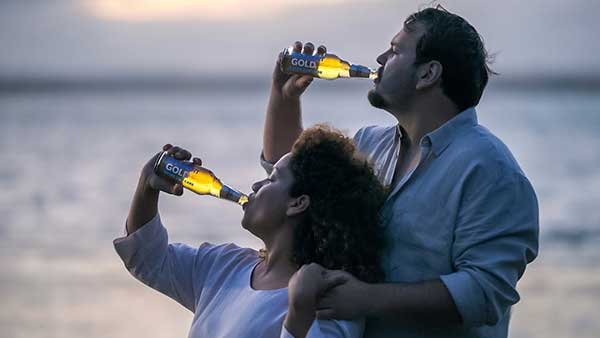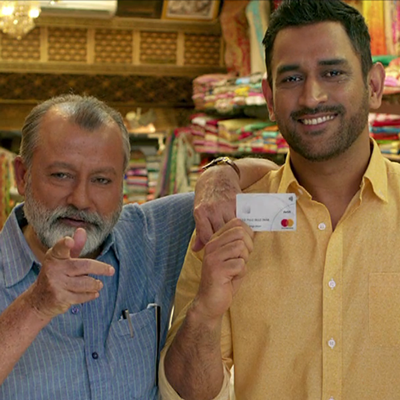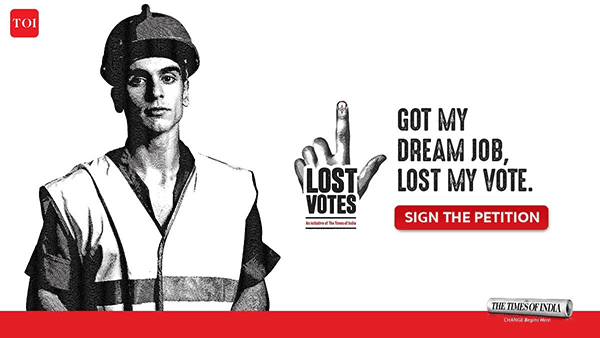Thanks to the emotional connections it can build, content has never been more powerful in changing our behaviour, writes Weber Shandwick’s Valerie Pinto.
Brands play a significant role in shaping the choices people make. These choices are not just about the product or service, but are also message- and purpose-driven. People turn to brands for hope, positivity and comfort. During these uncertain times, brands have an opportunity to lead by example by informing, connecting, entertaining, and helping.
This is where content comes in. Content plays a major role in establishing a connection between a brand and its audience, and helps elicit an action, a reaction or a behaviour change. The shift is from static content to content that is more engaging and interactive, and which is closer to consumers’ lives.
As communication professionals, we are encouraged to create campaigns where content is central to planning, yet creative enough to drive action or nudge a shift in perception. The main purpose of content is to drive change and help differentiate one brand from another.
While judging, our focus was on identifying that clear differentiator between a content-led idea and one that was more activation-driven, or a static advertisement
We broke down the entries into four areas which can serve as learnings for brands that are thinking through their content strategy, particularly during these uncertain times.
Solve for the consumer and align to a core purpose
Grand Prix winner DB Export Gold leveraged the power of content to highlight a core consumer benefit and solved for ‘the guilt of consuming carbs through beer consumption’. While other beer brands were shouting about how their beer had fewer carbs, DB Export focused on offering a distinct functional benefit: being low-carb.

The brand also cut through the clutter by using emotion, focusing squarely on love. It leveraged the power of a love song to connect with the consumer, and provided a distinct solution for the guilt of beer consumption. Not only did the beer become the number-one NPD beer launch of 2019, the campaign turned the act of drinking a beer into a selfless gesture of love.
Incite brands to challenge the same situation by adopting a different lens
WHSmith’s Pop Up Books shows how the brand encouraged a reading habit by rewarding young readers. It redesigned a range of globally popular children’s books as short stories, to match the theme of popular mobile games. After each story, the child needed to pick the right answer to close the ad, and right answers earned them rewards for the game. By doing this, they not only sold more books and benefited their business, but also influenced and encouraged a reading culture.
Challenge rigid structures and defy status quo

Mastercard’s campaign fought years of inertia. It changed the habits of a society that strongly relies on cash payments and urged people to make transactions through their credit and debit cards. They broke through rigid structures in small-town India and showcased the value of card transactions through an interesting content series which educated people about the power of plastic payment. They showcased narratives that enrich every man’s experience through ‘Priceless living doesn’t have to come at a high price’.
Push the consumer to take action
The Times of India’s Lost Votes initiative aimed to revive the voting rights of 290 million Indians. This was done to end discrimination against Indian citizens who no longer live in their hometowns, and so miss out on their democratic right to vote.

The outcome was positive. It became the voice of millions of Indians on the move, giving them the power to bring about a change in the voting landscape of their country.
An opportunity for decisive action
Given the uncertain times we are living through, content strategy and planning will become integral to more brands. This is because it will be far more important to connect with audiences through relevant content led by an emotional approach. The pandemic is an opportunity for us to convert challenges into advantages, to think freely, to open our minds to new ideas, and to take decisive action faster than ever before.
Valerie Pinto is Chief Executive Officer at Weber Shandwick India
An abridged version of this article is published in WARC’s Content Strategy Report

